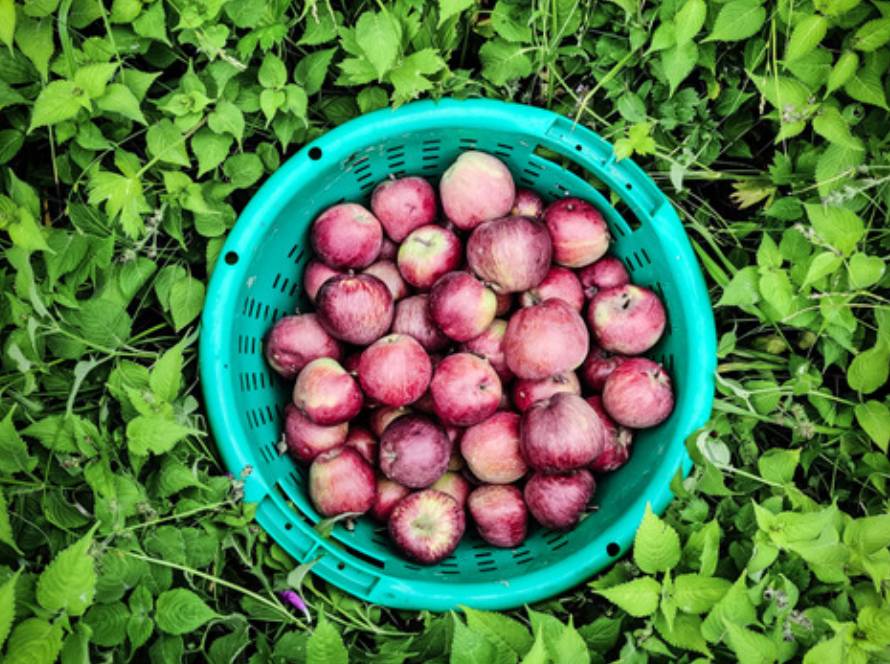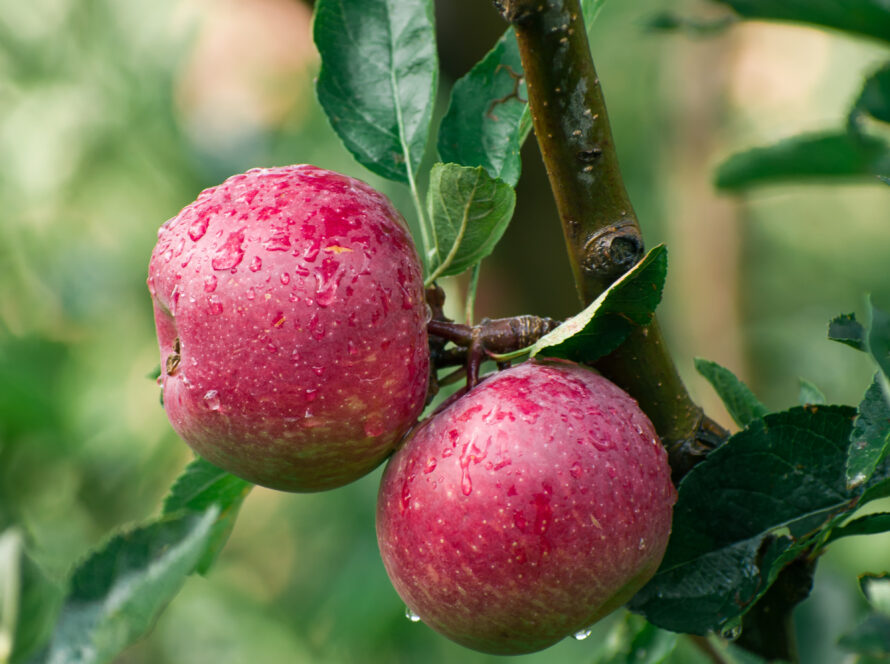In the heart of India’s agricultural landscape the toil of farmers sustains millions, a quiet revolution is taking place. In an effort to empower vegetable farmers and ensure they receive fair returns for their hard work, organizations like Kisan Manch are pioneering innovative solutions to connect farmers directly with big retailers. This direct linkage is not only transforming the traditional supply chain but also creating opportunities for mutual benefit and sustainable growth.
For years, small-scale vegetable farmers have grappled with numerous challenges in the market ecosystem. Middlemen, transportation costs, and market fluctuations often eat into their profits, leaving them at the mercy of volatile market dynamics. In this scenario, the role of Kisan Manch, a platform dedicated to the welfare of farmers, becomes invaluable.
By establishing direct connections between farmers and big retailers, Kisan Manch is eliminating intermediaries and ensuring farmers receive a fair price for their produce. This model not only enhances farmers’ income but also creates a more transparent and efficient supply chain. Farmers can now bypass traditional market channels and sell their vegetables directly to retailers, cutting down on transportation costs and minimizing post-harvest losses.
Moreover, the direct linkage with big retailers offers farmers a stable and reliable market for their produce. Instead of relying on fluctuating market prices, farmers can negotiate fair prices with retailers based on mutual understanding and long-term relationships. This not only provides financial security to farmers but also incentivizes them to adopt sustainable farming practices to meet the quality standards of retailers.
One of the key benefits of this model is the empowerment of farmers as stakeholders in the value chain. By engaging directly with retailers, farmers gain insights into market demand, consumer preferences, and pricing trends. This knowledge equips them to make informed decisions regarding crop planning, cultivation techniques, and diversification strategies. It also fosters a sense of ownership and entrepreneurship among farmers, enabling them to assert their place in the market ecosystem.
Furthermore, the direct linkage between farmers and big retailers promotes social and economic inclusivity. Small-scale farmers, often marginalized in conventional market systems, now have a platform to showcase their produce and compete on a level playing field. This democratization of the market not only empowers farmers but also strengthens the local economy by promoting rural entrepreneurship and fostering community resilience.
The success of Kisan Manch’s initiative underscores the transformative potential of collaborative efforts in the agricultural sector. By bridging the gap between farmers and big retailers, Kisan Manch is not only enhancing farmers’ income but also promoting sustainability, transparency, and inclusivity in the market ecosystem. As more stakeholders embrace this model of direct linkage, the future holds promise for a more equitable and resilient agricultural system that benefits farmers, retailers, and consumers alike.
In conclusion, the partnership between Kisan Manch and big retailers represents a paradigm shift in the way vegetables are sourced and marketed in India. By championing the cause of farmers’ welfare and fostering direct connections between producers and consumers, Kisan Manch is paving the way for a more sustainable and inclusive agricultural economy. As this model gains traction, it holds the potential to transform the lives of millions of small-scale vegetable farmers across the country, ushering in a new era of prosperity and empowerment in rural India.
Kisan Manch would be the first company in state of Himanchal Pradesh which is setting up cold store for vegetables which would have multi temperature chambers to meet the requirements of the different vegetables.




